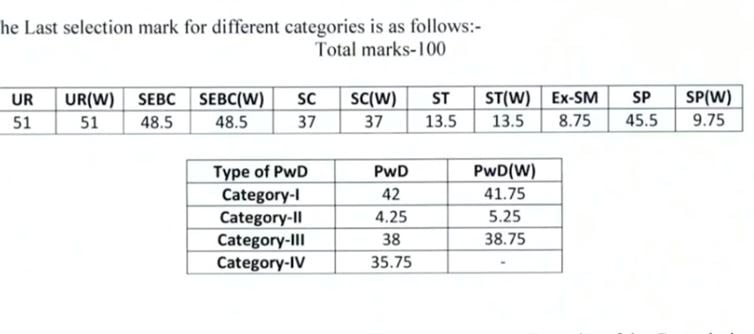
The defense often offered is that such lowered thresholds and quotas are meant to provide opportunities for disadvantaged communities. While social justice is important and the upliftment of marginalized groups must remain a priority, lowering the bar for teaching jobs is not empowerment—it is sabotage. A poorly trained or unqualified teacher does not just fail themselves; they fail dozens of students every year, perpetuating a cycle of mediocrity. Unlike reservations in jobs, where inefficiency may impact individual performance, reservations and diluted standards in education directly cripple the nation’s future by handicapping millions of children at once.
If india wants to emerge as a knowledge-driven economy and compete globally in innovation, manufacturing, and research, the foundation must be strong—and that foundation is education. students need mentors who inspire excellence, not caretakers who barely scraped through. True upliftment lies in investing in social development, nutrition, and preparatory education for disadvantaged groups, so they can compete on merit without diluting standards. Nations are not built on mediocrity. india cannot afford to gamble with its classrooms, because when you compromise on teachers, you compromise on the very future of the nation.




 click and follow Indiaherald WhatsApp channel
click and follow Indiaherald WhatsApp channel